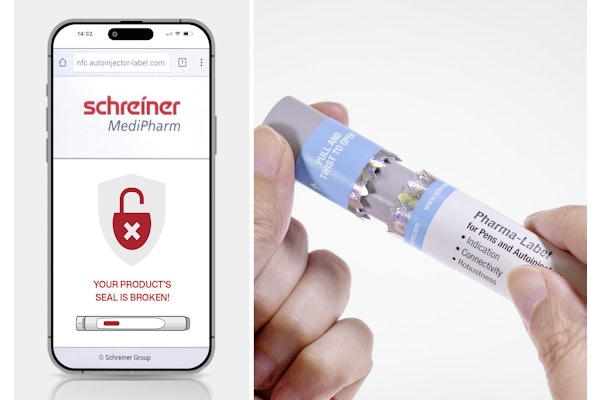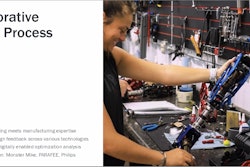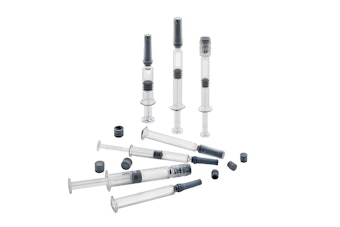Given the need to meet patient safety issues and satisfy Drug Supply Chain Security Act (DSCSA) regulatory directives and deadlines, it’s understandable why serialization and track-and-trace initiatives are crucial in the pharmaceutical community. Yet, serialization is also vital for multiple industries worldwide seeking to protect their products from counterfeits.
Just what potential do companies see in serialization as a tool to combat counterfeiting? To find out, METTLER TOLEDO PCE surveyed European and North American companies over the course of several months. Survey results may be downloaded for free.
According to the World Customs Organization (WCO), counterfeits make up a total of around 7% of world trade, resulting in hundreds of billions of dollars worth of economic damage every year for both manufacturers and brand owners. For example, counterfeits in the global smartphone market resulted in lost sales of around $55.5 billion in 2015.
METTLER TOLEDO PCE points out that serialization solutions cannot stop counterfeiting, but they do serve as a powerful weapon in the fight against product and brand piracy. Some key survey results include the following:
• A majority of the companies surveyed anticipate new serialization requirements. A third of those surveyed would welcome legal requirements on serialization for their own industry.
• Large retailers could become key market drivers for serialization solutions through requirements for their suppliers.
• Companies consider the most important advantages of serialization to be protection against brand and product piracy and greater transparency in the logistics chain.
• A majority of those surveyed admitted that they or their industry were already affected by counterfeiting; a quarter of these respondents even reported massive disruptions.
• There is a need for information as to what opportunities serialization offers in the fight against counterfeits and unauthorized sales channels, as well as to what the limits of these solutions are.
• When implementing serialization, companies consider the total package, including hardware, software, and service. Flexibility and ease-of-use in software are particularly important to them.
• Experience in serialization projects that have already been implemented is a top priority when selecting a project partner.
• The IT infrastructure required to manage serialization data in the medium and long-term is frequently underestimated.
• More information is needed on how end-to-end verification can be implemented at the product level with partners across the supply chain.
• High implementation costs make it difficult to introduce serialization solutions for products with a low price point.
























